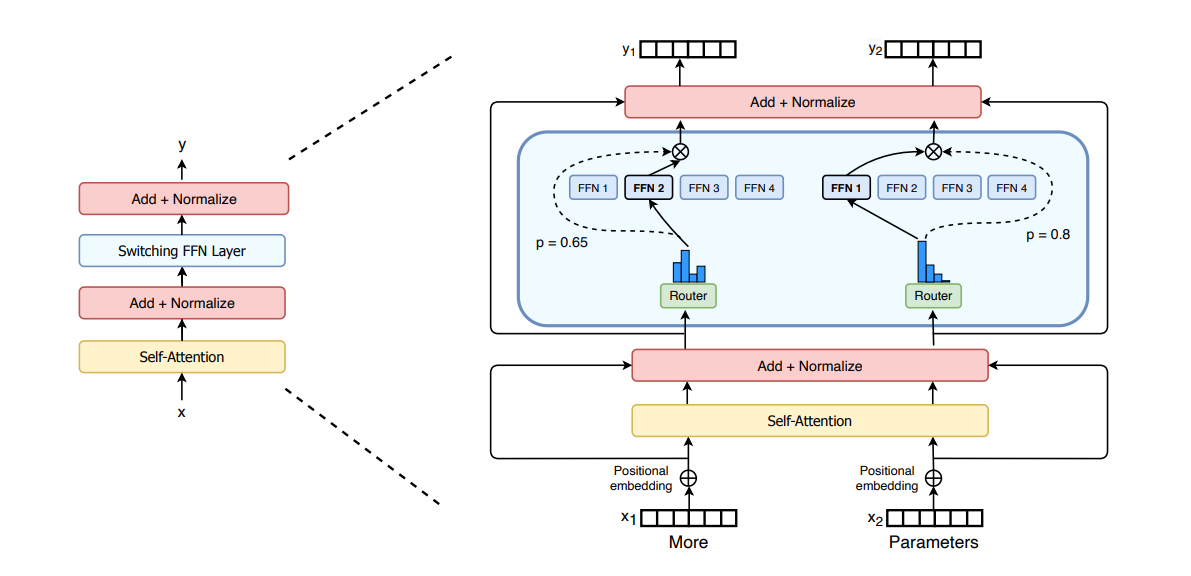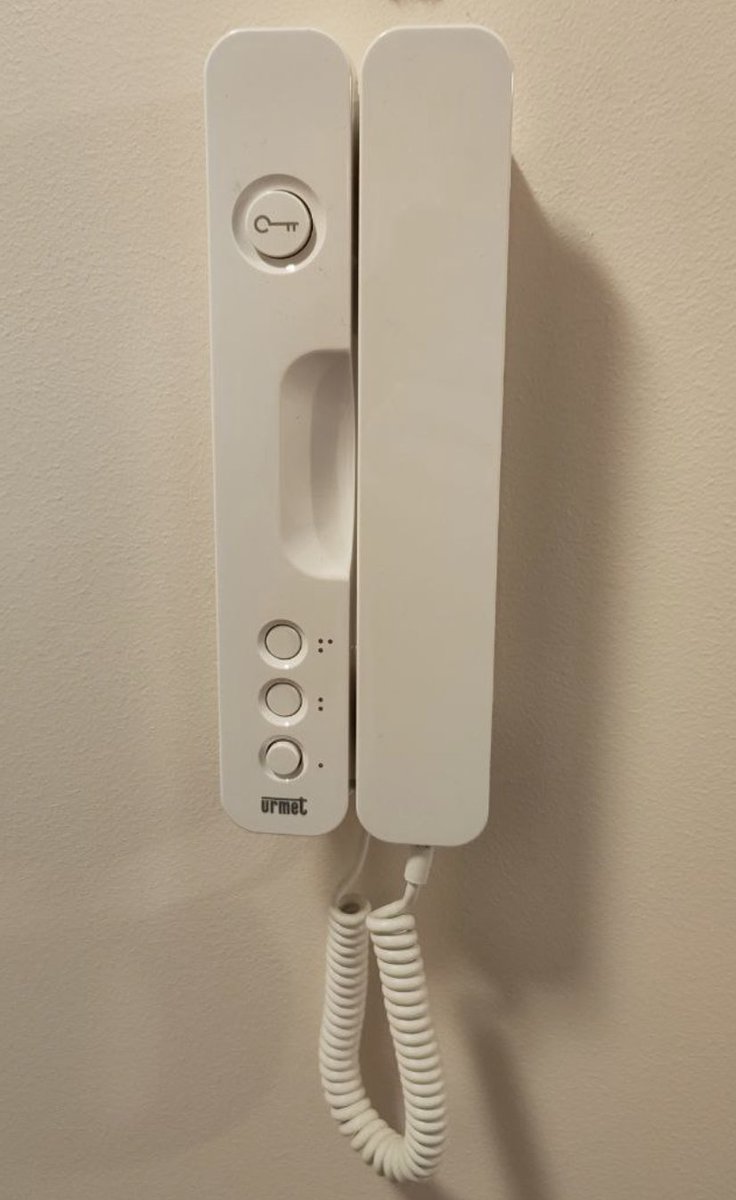At the heart of this success story is a determined shift from a medicalized approach to one centered on community-based support.
November 6, 2025 5 min read
Credit: Donatas Dabravolskas/Shutterstock.
Taking phone calls from a 90-year-old woman you’ve never met is not typically in a co-founder’s job description. But for Marius Čiuželis, it’s all in a day’s work. In 2016, he and his wife Kristina started Sidabrinė Linija, or Silver Line, a nonprofit that offers free support to isolated seniors in Lithuania through regular phone calls with a “befriender” matched to their interests.
“On the first day we spoke for 10 minutes. The next time we spoke for nearly an hour, and she shared a lot about her life with me,” recalls Čiuželis from his office in Vilnius, Lithuania’s capital. “Her husband of 50 years died about six years ago, and she has no children. She is completely alone and in poor health. A social worker visits twice a week, but otherwise she’s basically locked in her house because she can’t move.”
Čiuželis says they discussed what bread she likes to eat, and what kind of dessert he could bring if he ever visited her. “She’s an extremely lonely woman who just wanted someone to talk to, like many elderly people, who don’t necessarily want to talk about big philosophies, just day-to-day things, rather than listen to the radio or watch TV all day.”
 Marius Čiuželis, who co-founded Sidabrinė Linija with his wife Kristina. Photo courtesy of Sidabrinė Linija.
Marius Čiuželis, who co-founded Sidabrinė Linija with his wife Kristina. Photo courtesy of Sidabrinė Linija.Sidabrinė Linija, which has befriended 6,000 seniors since its inception, has been just one of the many pieces of the puzzle to reduce Lithuania’s suicide rate, which is particularly high among senior citizens due to a combination of isolation and a culture of keeping mental health issues bottled up. Senior suicides, according to Čiuželis, account for more than 39 percent of all deaths of this type.
“We may say it’s a natural problem that your support network shrinks when you get older. But let’s imagine the couple who lived happily for 50 years, and now one has gone. We get many calls saying, ‘I tried to do my best to live on my own, but I can’t anymore and I need help.’ We have many callers who say they call us as a last chance,” says Čiuželis.
In Lithuania, Čiuželis explains, asking for mental health support is still viewed with shame, particularly for older citizens who experienced Lithuania’s Soviet rule from the 1940s to 1990. Economic and political instability followed, which caused high levels of unemployment, inflation and poverty.
Weighed down by negative news?
Our smart, bright, weekly newsletter is the uplift you’ve been looking for.
“Many of those people are afraid that if they see a psychologist, especially if they live in a small, rural area, everyone will know their personal problems,” says Čiuželis. “The alternative is they are given a prescription for medicine, but it’s not what they need. We feel it’s important to encourage them to open up and talk — and once we build trust, we can refer someone to professional support, if needed.”
Sidabrinė Linija has received funding from the Lithuanian government as part of mounting efforts over the past 20 years to recognize the drivers behind the country’s high suicide rate and move away from a culture of hiding problems toward one where it’s okay to talk about them openly.
When Lithuania joined the EU in 2004, it recorded a suicide rate of around 44 per 100,000 residents and it became consistently known as having the highest suicide rate in the region. Since then, it has worked to reduce its suicide rate, which is now at 19.5 people per 100,000. It’s been a long process, with many steps along the way, but the tide is now turning.
In 2007, the Lithuanian government published its first National Mental Health Strategy, followed by the launch of its Suicide Prevention Bureau in 2015, and a Suicide Prevention Action Plan in 2016 with an emphasis on providing more community-based services and shifting away from an overly-medicalized approach.
A national suicide prevention algorithm was launched in 2018 across all medical and social services to more easily identify at-risk individuals and offer specialist support. Last year, this algorithm led to 600 people receiving a full package of mental health support services and 1,200 undergoing comprehensive assessments, which is not insignificant in a country of just 2.9 million people.
Another cornerstone of Lithuania’s campaign against suicide has been its mental health ambassador program. Launched in 2022, this initiative has deployed 100 ambassadors across the country, leveraging their personal stories of seeking help when feeling suicidal to effectively change attitudes and behaviors around mental health.
 Sidabrinė Linija volunteers. The nonprofit has befriended 6,000 seniors since its inception almost a decade ago. Photo courtesy of Sidabrinė Linija.
Sidabrinė Linija volunteers. The nonprofit has befriended 6,000 seniors since its inception almost a decade ago. Photo courtesy of Sidabrinė Linija.Accessible mental health support more generally is also expanding nationwide. Since 2020, free psychological well-being services have been available at centers in every one of Lithuania’s 60 municipalities, providing drop-in access without a doctor’s referral. These centers serve over 30,000 people annually, addressing issues such as stress, depression and anxiety, with the aim of offering support early, before someone’s mental health issues escalate into suicidal thoughts.
Beyond direct mental health interventions, stricter alcohol control laws have played a part. In Lithuania’s Soviet past, a culture of heavy drinking to numb problems rather than address them became normalized. Tackling this has been crucial as alcohol abuse correlates strongly with the highest-risk groups for suicide in Lithuania: Middle-aged and older men in rural areas.
“We do have a lot of mental health problems compared with other countries, so we need unique solutions to solve them,” says Ignas Rubikas, head of the Lithuanian government’s mental health division.
Lithuania is in a position where mental health diagnoses are rising fast, adds Rubikas, so developing the right number and assortment of services to meet this demand has been key.
“We have now destigmatized mental health so much that our specialists are becoming overworked. But I think that’s a good sign that we’re acknowledging and accepting the problems, and that we have taken the first step towards solving them at a systemic level.”
Another of those first steps is government-funded suicide prevention and intervention training for people to become “gatekeepers” who can then more readily recognize and help someone who may have suicidal thoughts.
Around 10,000 people have become gatekeepers, half of whom have a mental health professional background. Among them is clinical psychologist Mantas Jeršovas, who has taken two free training programs — Safe Talk, a community-based program for everyday people, and ASIST, or Applied Suicide Intervention Skills Training, a more advanced two-day course on how to engage in deeper conversations with someone who is having suicidal thoughts. He is now a trainer himself, delivering free programs several times a year.
“The government is really taking the high suicide rate in Lithuania seriously, and the numbers are going down,” says Jeršovas. “It’s important to recognize that it’s human to struggle when times are tough, but it’s possible to work through it, if people know they have support and are not alone.”
Yet challenges continue. The Lithuanian government has committed to support the influx of around 42,000 Ukrainian refugees since the Russian invasion in 2022, offering counseling and group therapy services. Jeršovas runs those for the IOM Lithuania Migration Information Center in Vilnius, which offers free individual and group sessions to Ukrainian refugees and other migrants. Government and international donor funding for this is committed only until the end of this year, but it’s hoped that alternative funding can be secured to keep the service going.
“Our motto is that no one should suffer alone. Maybe someone you know has been injured or died, or your home has been destroyed. It can feel overwhelming. We try to talk about it and contain the feeling. Grieving is oscillation. It’s not linear. It’s back and forth movement and it can be more comforting to do in someone’s presence,” says Jeršovas.
Despite Lithuania’s progress, Sidabrinė Linija’s Čiuželis remains concerned that the country’s elderly are being left behind due to a disproportionate emphasis on digital services and online communication campaigns, and what he perceives as an overall government mindset to prioritize the young at the expense of the old.
But while Sidabrinė Linija’s government funding has been cut, he remains optimistic that corporate and private donors will see value in supporting this overlooked segment of society.
“We see that the loneliness of an aging person is often ignored, which was one of the reasons why we founded Sidabrinė Linija. Public services are being distanced from this person, and the quality of the services themselves is often focused on speed — not on people’s needs,” Čiuželis says. “This is a challenge for Lithuania, because we are an aging country, and the inability to adapt the service basket to the needs of older people is costing real lives.”
If you or someone you know needs help, and you are in the U.S., call the Suicide and Crisis Lifeline at 988 or visit 988lifeline.org
.png)




